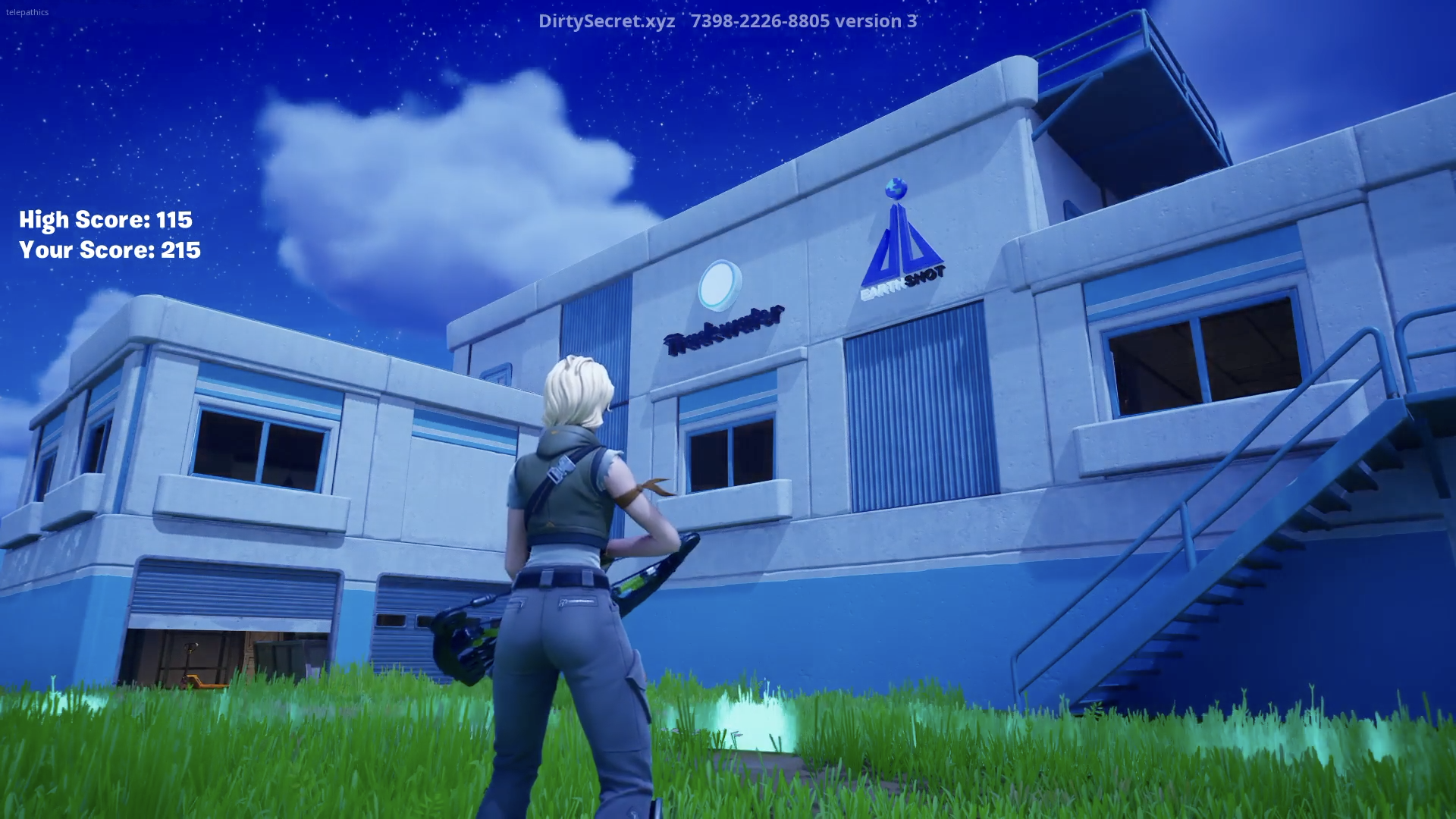4000 kg refrigerants destroyed and an island in Fortnite
Together, we’ve destroyed a total of more than 4,000 kg of R12 and R11 refrigerants with our project partner, Tradewater

Just the gist
Short on time? Here’s what you need to know for this update:
- 🎉 Celebrating the destruction of toxic refrigerants — Together, our community has funded the destruction of more than 4,000 kilograms of R12 and R11 refrigerants with our project partner, Tradewater
- 🏅 Designing and exceeding climate standards — Tradewater carbon credits are now Core Carbon Principle-approved, following their collaboration with ACR—formerly American Carbon Registry
- 🎮 Bringing climate action to the gaming community — Tradewater is reaching a wider demographic with its own island in the video game Fortnite. Play for free to destroy virtual refrigerant gases
For more project updates, follow Wren on Twitter and Instagram.
Celebrating the destruction of toxic refrigerants
Our Wren community has had a huge impact by funding the destruction of ozone-depleting substances in Honduras and Thailand, carried out by our project partner, Tradewater.
In Honduras, we funded the destruction of 2,251 kg of R12, sourced from disposable cylinders located in Tegucigalpa. In Thailand, we funded the destruction of 1,743 kg of R12 and 38 kg of R11, which were in the custody of Thailand’s Customs Department.
In both cases, Tradewater coordinated the destruction of these gases with local facilities, ensuring that the ozone-depleting substances could not be used, stockpiled, or leaked into the atmosphere.
As refrigerant gases are extremely potent, destroying even a small amount can have a massive impact for our planet. By eliminating just over 4,000 kg of refrigerants, we’ve had the equivalent impact of destroying 38,753 metric tons of CO₂.
Designing and exceeding climate standards
In a field as urgent and critical as climate change, rigorous standards are necessary to ensure project integrity and impact.
Back in 2021, ACR (formerly the American Carbon Registry) published the first version of a methodology to accurately measure the impact of destroying ozone-depleting substances. This methodology was developed with help from Tradewater, and their contribution to this work earned them the Registry Innovation Award.

Now, in 2024, this methodology continues to make strides. The Integrity Council for the Voluntary Carbon Market (ICVCM) recently announced the first carbon-crediting methodologies that meet its Core Carbon Principles (CCPs)—including the aforementioned ACR methodology.
“We are delighted that the first credits can now be tagged with the CCP label – they are generated by projects that capture potent greenhouse gases which are essential to deliver an “emergency brake” on warming in the near term.”
Annette Nazareth, Integrity Council Chair
We’re thrilled that Tradewater carbon credits are now CCP-approved. It’s great to see more organizations recognizing the importance of carbon crediting standards. This commitment to integrity and impact sets a strong precedent for other emission reduction efforts, and we’re excited for more organizations to adopt and uphold these high standards.
Bringing climate action to the gaming community
Have you heard of Fortnite? You might even be surprised to hear it mentioned in this Wren project update. The game often has over a million concurrent players online.
But even with hundreds of different maps to choose from, none of them have featured refrigerant destruction and abandoned gas wells—until now.
Our partners at Tradewater collaborated with Earthshot, a digital media company focused on non-traditional climate messaging, to create their very own Fortnite island. Players collect toxic refrigerant canisters and shoot at pumpjacks and oil towers while racing to the mountain top for points.

To get people to care about the environment, you need to meet them where they are, and immersive media is an excellent platform for this. Video games, for example, appeal to a wide range of people of all ages who may not generally consider climate change in their day-to-day activities.
Play the game for free here or with the island code: 7398-2226-8805
Effective refrigerant management can prevent the release of emissions equivalent to 57.15 gigatons of CO₂ between 2020 and 2050. In the game, clean-up is as simple as pressing a button. But in the real world, Tradewater is hard at work, destroying refrigerants to protect the environment and public health. It’s not game over—it’s game on.
That's all for this update! As always, thank you for your support.
— the Wren team 🧡

